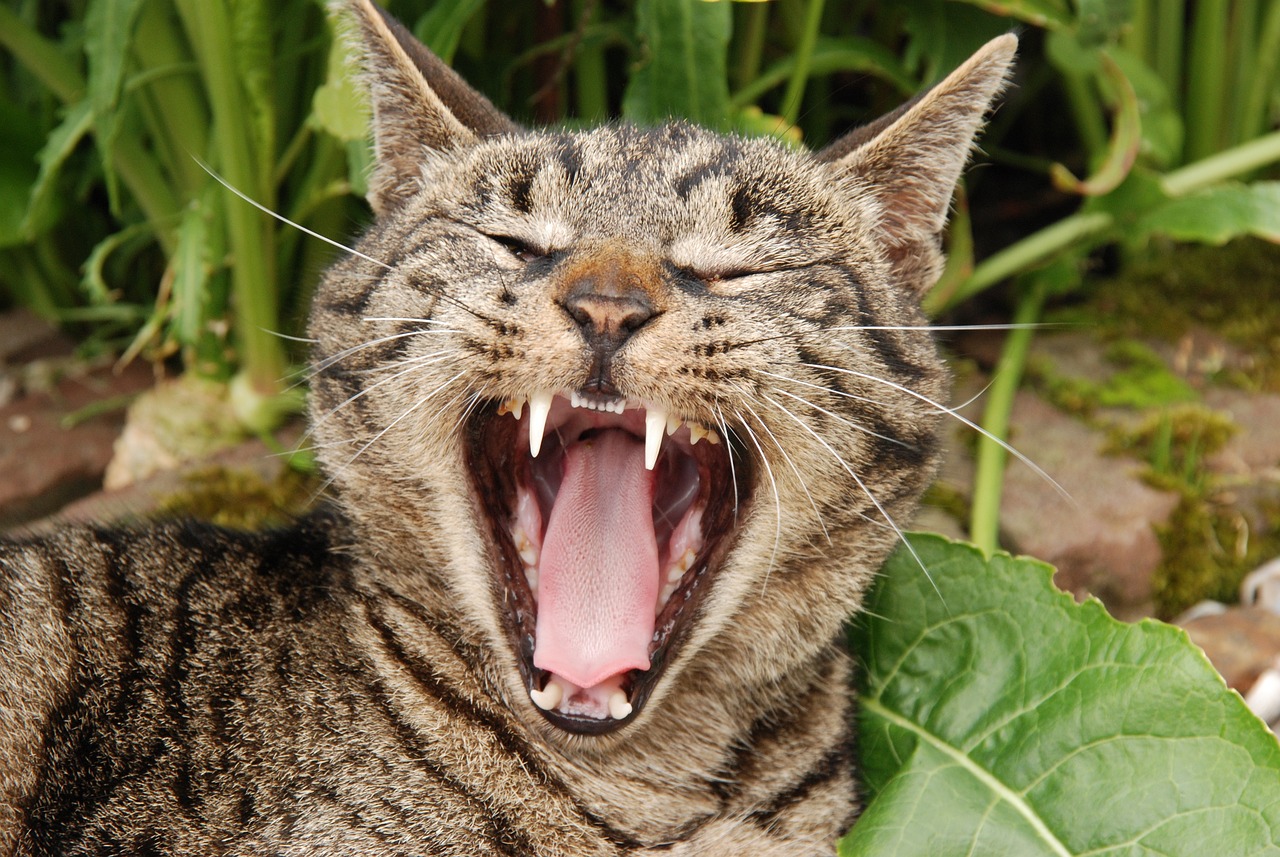Oral health is a crucial but often overlooked aspect of overall pet health and pet care. Dogs and cats, like humans, can suffer from dental issues that impact their well-being. In this comprehensive guide, we will explore the importance of dental care for dogs and cats, delve into common dental problems, and provide practical tips for maintaining your pet’s oral hygiene. By prioritizing dental health, pet owners can contribute to their furry friends’ overall well-being and longevity.
The Significance of Dental Care in Pet Health
Dental care plays a pivotal role in maintaining optimal pet health. Poor oral hygiene can lead to various health issues, affecting not only the mouth but also vital organs. Dental problems in pets can result in pain, discomfort, and a diminished quality of life. Additionally, dental diseases may contribute to systemic conditions, highlighting the interconnectedness of oral health with overall pet care.
Common Dental Problems in Dogs and Cats
- Gingivitis: Causes: Accumulation of plaque and tartar on the teeth. Symptoms: Red and swollen gums, bad breath. Pet Health Impact: If left untreated, gingivitis can progress to more severe dental issues.
- Periodontal Disease: Causes: Untreated gingivitis, leading to infection and inflammation of the tissues surrounding the teeth. Symptoms: Bleeding gums, loose teeth, difficulty eating. Pet Health Impact: Periodontal disease can result in tooth loss and affect overall health.
- Tooth Decay: Causes: Plaque buildup, poor oral hygiene, and dietary factors. Symptoms: Discolored or damaged teeth, sensitivity. Pet Health Impact: Tooth decay can cause pain and affect a pet’s ability to eat.
- Oral Tumors: Causes: Genetic factors, inflammation, or chronic irritation. Symptoms: Swelling, bleeding, or difficulty eating. Pet Health Impact: Oral tumors can be cancerous, highlighting the need for prompt veterinary attention.
Practical Tips for Dental Care
- Regular Brushing: Procedure: Use a pet-friendly toothbrush and toothpaste. Gradually introduce brushing, focusing on the outer surfaces of the teeth. Frequency: Aim for at least 2-3 times per week. Pet Health Benefit: Brushing helps remove plaque and prevent the buildup of tartar.
- Dental Chews and Toys: Recommendation: Provide dental chews or toys designed to promote oral health. Pet Health Benefit: Chewing helps reduce plaque and tartar, while also providing mental stimulation.
- Specialized Diets: Option: Consider feeding your pet a specialized dental diet. Pet Health Benefit: These diets often have a unique texture or formulation that aids in preventing dental issues.
- Regular Veterinary Check-ups: Frequency: Schedule regular veterinary visits for dental examinations. Pet Health Benefit: Early detection of dental problems allows for timely intervention.
- Professional Dental Cleanings: Frequency: Follow your veterinarian’s recommendations for professional dental cleanings. Pet Health Benefit: Professional cleanings remove tartar and address underlying dental issues.
The Importance of Professional Dental Cleanings in Pet Health
While at-home dental care is essential, professional dental cleanings performed by veterinarians are equally crucial. These cleanings involve a thorough examination, scaling, and polishing of the teeth under anesthesia. Professional cleanings address issues that may not be visible during routine at-home care, ensuring comprehensive oral health for pets.
Pet Care Beyond Teeth: Integrating Oral Health into Daily Routines
Promoting oral health is not limited to specific dental care activities; it involves a holistic approach to overall pet care. Integrating oral health into daily routines enhances a pet’s well-being and fosters a strong bond between pets and their owners.
Addressing Challenges in Dental Care
Some pet owners may face challenges in implementing regular dental care routines for their furry friends. Common challenges include pet resistance, lack of time, or uncertainty about proper techniques. Overcoming these challenges requires patience, positive reinforcement, and a commitment to prioritize pet health.
Prioritizing dental care for dogs and cats is an integral component of responsible pet care and pet health. By understanding common dental problems, implementing practical at-home care, and scheduling regular veterinary check-ups, pet owners can contribute to their furry companions’ overall well-being. A commitment to oral health not only prevents dental issues but also promotes a healthier and happier life for pets. Remember, a bright smile reflects more than just healthy teeth – it mirrors the vitality and joy that pets bring to our lives.

